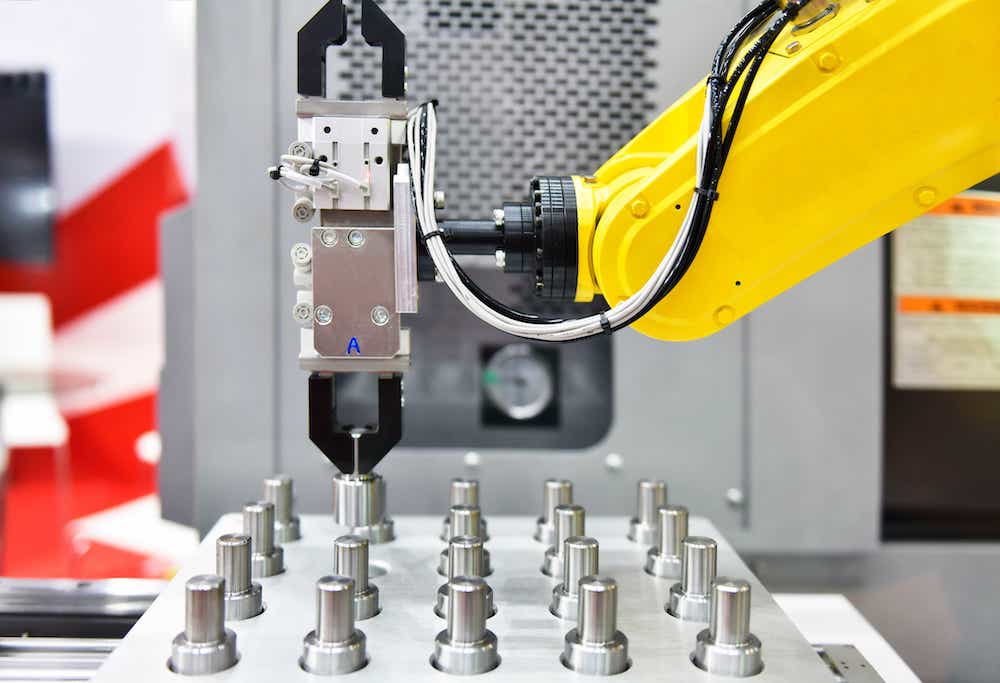Which manufacturing sectors lead in ESG?
Numerous top firms across multiple industrial sectors are well advanced in their ESG efforts, having established objectives and commitments to pursue ESG-conscious best practises and initiatives. However, this article relates to everyone, and not just those in mass production processes. Even the SME / SMB is affected as every manufacturing company is a component of a supply chain.
This includes automakers committing to greening their vehicles and major oil and gas firms reacting to the demand that industry accelerates its adoption of tools and invests in new technology to achieve net zero emissions and positive climate change. As we will see, much of their impetus is due to consumer pressure and investor activism.
From an ESG perspective, supply management remains in its infancy. However, with ESG investing finally a mainstream concept, the power of social media has highlighted that a flawed supply chain can cause a company’s reputation to plunge overnight.
Such ESG issues lead to investment choices which define near-term large scale business activities. Updating any business process to create finished goods with climate change friendly materials requires companies commit to investing in negative screening their supply chain as much as it does in investing in human rights. The financial returns, and the costs of the skills required, enable all industries to realise positive gains from any such investment.
Environmental stewardship
Regulatory demands are one driver of ESG activities, but there are others too are increasingly important. The events of the last year, from the global health crisis to increased social unrest, have brought corporations’ attention to the reality that ESG commitment is more critical than ever.
Environmental stewardship is only one facet of ESG. It encompasses how the firm supports worker safety and well-being, the company’s progress toward diversity, equality, and inclusion (DEI), and whether executive compensation is linked to ESG objectives.
The impact of your manufacturing processes
With the ongoing worldwide pandemic and increasing climatic circumstances, the ESG imperative is even more critical today. We are all familiar with some of the most prominent concerns motivating business ESG activities, such as excessive carbon emissions, water scarcity, fossil fuel supply, and extreme weather events that disrupt service, cause inefficiency, and create waste.
However, there are more reasons contributing to the increased emphasis on ESG. Let’s look at four of the most compelling reasons why ESG activities are a high priority in large scale manufacturing this year, and how technology might aid in their effective implementation.

